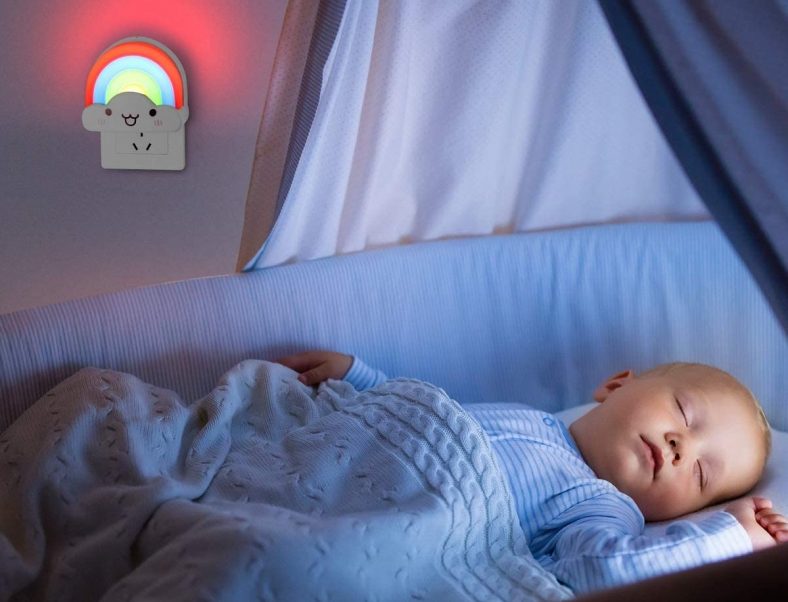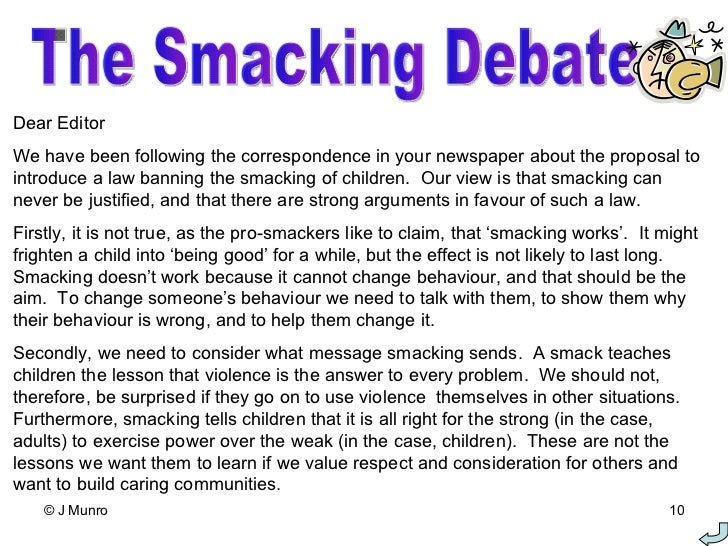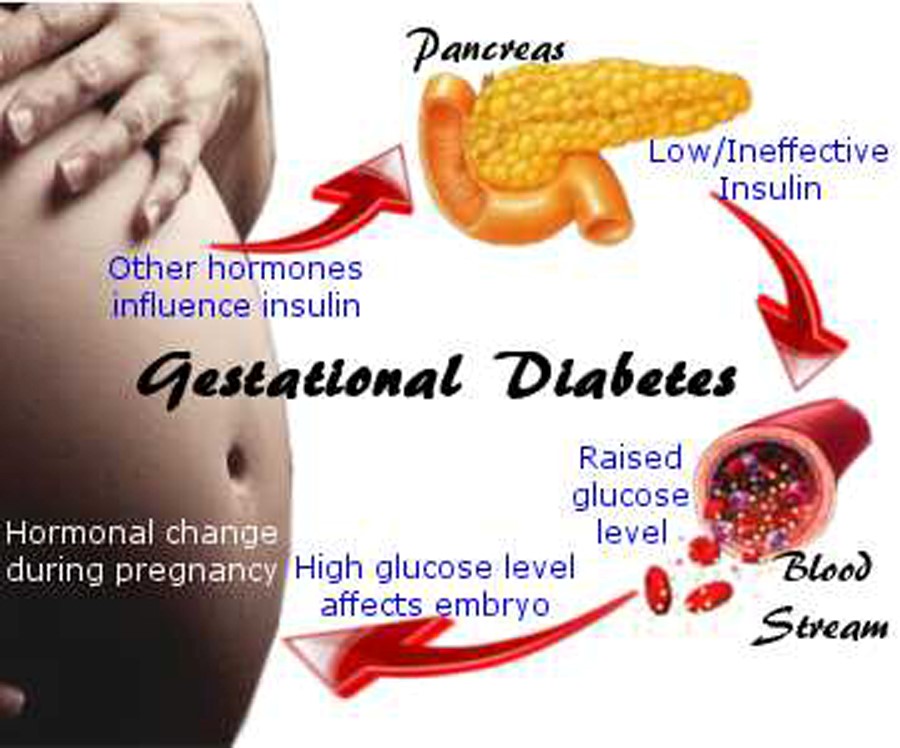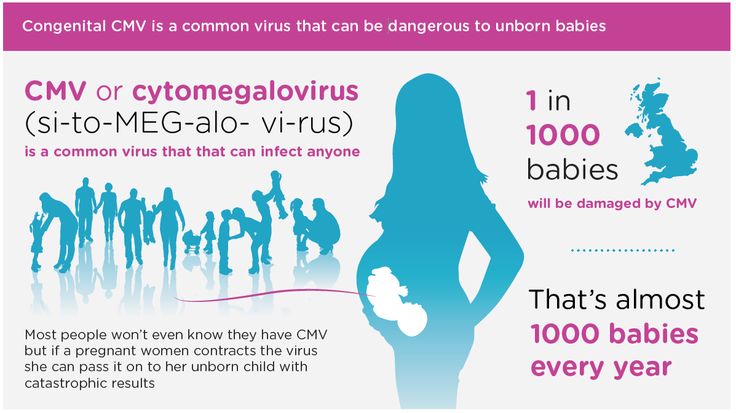How does a child get put into foster care
Foster Care: What It Is and How It Works
This post explores what foster care is, how it works and how we can improve the nation’s foster care system to help support better outcomes for children and young people.
What Is Foster Care?
Foster care is a temporary living situation for kids whose parents cannot take care of them and whose need for care has come to the attention of child welfare agency staff. While in foster care, children may live with relatives, foster families or in group facilities. Nearly half of kids who enter the foster care system will return to their parent or primary caretaker.
Why Are Kids in Foster Care?
Children enter foster care because they or their families are in crisis. Oftentimes, these children — who range in age from newborns to teens — have experienced unsafe conditions, abuse, neglect or have parents who are unable to care for them. As a result, these children are removed from their parents’ care.
The absence of family, familiar surroundings and predictable next steps are some of the greatest hardships that kids in foster care face. Fortunately, by law, children in care are supposed to maintain contact with family — including their parents and siblings — via regular visits. Listening to young people in care is a critical strategy for agencies looking to improve child welfare experiences and outcomes in foster care.
What Is the Goal of Foster Care?
A key goal of foster care is to ensure that kids are living in stable, lifelong families. Foster care is meant to be a temporary solution that ends once a parent can get their life back on track or a relative, guardian or adoptive family agrees to raise the child involved.
Research has shown — again and again — that every child needs a solid and unshakable attachment to at least one parenting adult and that this relationship is key to a young person’s development and well-being.
How Do Kids End up in Foster Care? Who Decides That a Child Needs to be in Foster Care?
Children often come to the attention of a child welfare agency via reports of child abuse or neglect. Social workers investigate the allegations involved and — if a child’s current living situation is deemed unsafe — the agency must obtain a judge’s approval to remove the child in question from their current living situation.
There were nearly 615,000 confirmed victims of maltreatment in 2020 (8 in every 1,000 children). Most of these victims were younger than 10 (72%) and experienced neglect (76%). Not every child who experiences maltreatment enters foster care. In fact, nearly 217,000 children entered care in 2020.
Caseworkers are responsible for the safety and needs of children in foster care. This work can include keeping kids in school, obtaining medical care and maintaining their connections with family. Caseworkers are also responsible for securing stable, long-term family situations for kids in care as soon as possible. Judges oversee this process.
Judges oversee this process.
This focus on finding permanence is supported by federal laws that promote the need for kids to grow up in families who will always be there for them. Child welfare agencies and judges, as part of the decision-making process, should engage children, their parents and other adults in planning for permanence for kids in foster care.
Foster Care Statistics
The Annie E. Casey Foundation provides detailed foster care statistics via the KIDS COUNT® Data Center. This information helps policymakers, practitioners, advocates and other stakeholders make better decisions and achieve better outcomes for children and youth in care.
How Many Children Are in Foster Care?
In 2020, an estimated 407,493 children and youth were in foster care. One-third of these children lived with relatives. At any given time, there are slightly more boys than girls in foster care.
How Many Babies Are in Foster Care?
Nationally, 7% of children in foster care are babies, and this statistic has held relatively steady since 2005. The largest age group — children ages 1 to 5 — represent one-third of all kids in care.
At the state level, the share of babies in care is fairly consistent, ranging from a low of 4% in Kansas and a high of 10% in Oklahoma and Arizona in 2020.
How Many Older Kids Are in Foster Care?
In 2020, more than 40% of kids in foster care were between the ages of 6 to 15 and 14% were between the ages of 16 to 20. Adolescence is a critical phase of child development. Young people need stability, which is why support services for youth in foster care are especially important. Yet, when compared to their younger peers, older youth tend to spend more time in foster care and experience greater instability in their foster placements.
How Long do Kids Stay in Foster Care?
In 2020, the average length of stay in foster care spanned 21 months.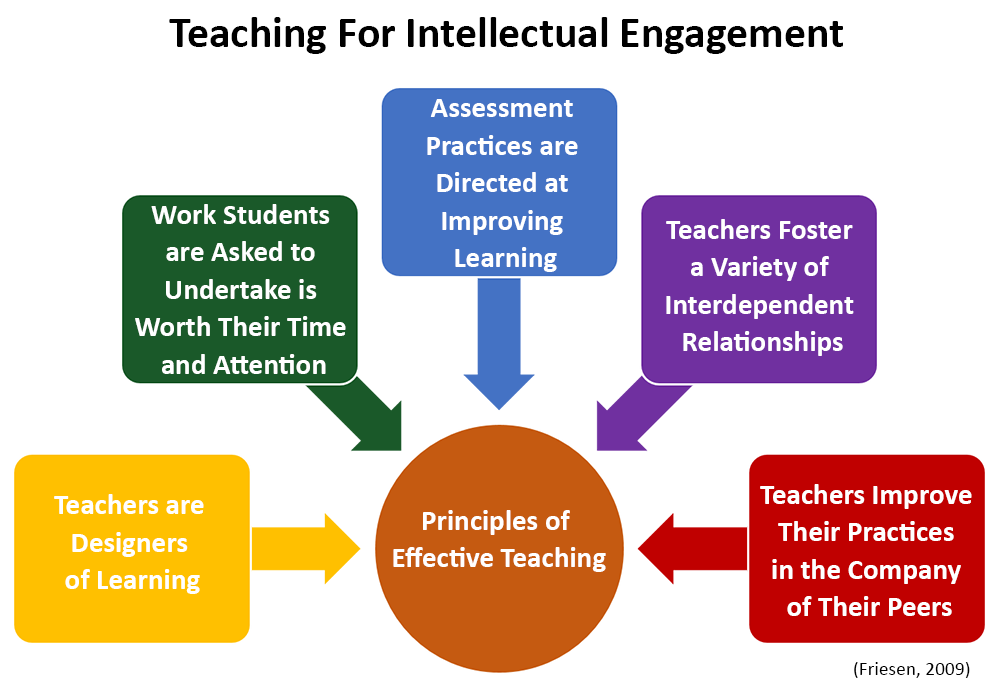 About 54% of kids in care stay between 1 to 17 months. In September 2020, just 6% of the kids in care — about 23,000 children total — had been in the foster care system for five years or more.
About 54% of kids in care stay between 1 to 17 months. In September 2020, just 6% of the kids in care — about 23,000 children total — had been in the foster care system for five years or more.
A number of factors influence how long kids spends in care. Considerations include a child’s well-being, family circumstances and the existence of policies, programs and services — at the local, state and federal levels — that support reunifying kids with their families.
How Does Race Impact Who Enters Foster Care?
In America, local and state agencies manage child welfare issues and foster care cases. This approach likely contributes to the significantly different experiences that kids and families in foster care have nationwide.
Across the country, some broad trends have emerged. For instance: children of color are overrepresented in foster care. In 2020, Black children represented 23% of kids in foster care but just 14% of kids overall.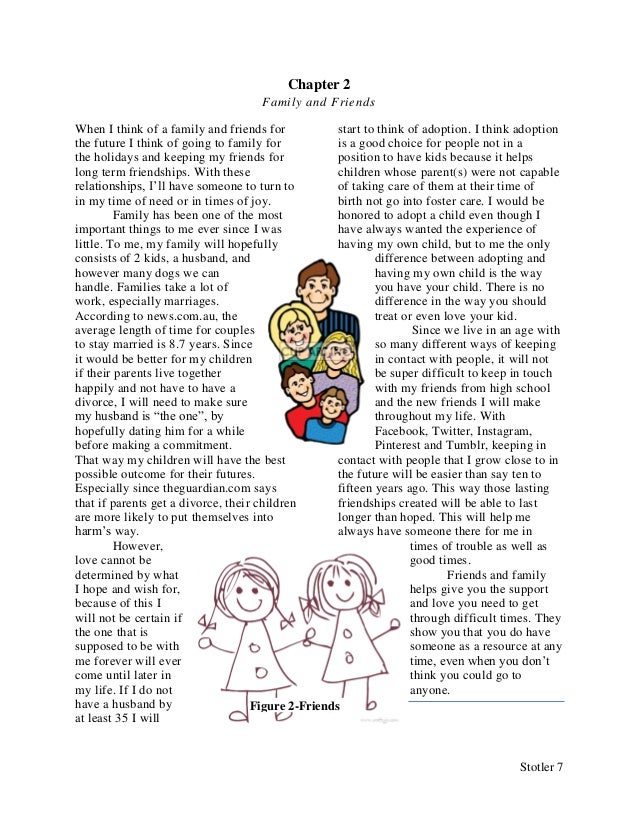 American Indian and Alaska Native children represented 2% of kids in care and 1% of kids overall. At the same time, white children made up 43% of kids in foster care despite accounting for about 50% of the child population.
American Indian and Alaska Native children represented 2% of kids in care and 1% of kids overall. At the same time, white children made up 43% of kids in foster care despite accounting for about 50% of the child population.
Common Questions About Foster Care
What Is a Foster Parent? What Do Foster Parents Do?
Foster parents are adults who temporarily step in to raise children who have been abused or neglected or whose biological parents are unable to care for them. Foster parents try to give each child in their care as much normalcy as possible while also preparing them to be reunited with family or adopted. Foster parents, also called resource parents, are state licensed and trained. They are sometimes — but not always — related to the children in their care.
How Does a Group Home Compare to a Foster Home?
Some children in foster care live in a group home — sometimes called congregate care — instead of living with families. In this arrangement, staff members work in shifts to care for a group of children living together in a shelter, residential treatment center or similar shared setting.
In this arrangement, staff members work in shifts to care for a group of children living together in a shelter, residential treatment center or similar shared setting.
While quality residential settings are key features of any child welfare system, sometimes too many children are unnecessarily placed in group settings, sparking reform efforts at the state, local and federal levels.
A federal law — the Family First Prevention Services Act, passed in 2018 — aimed to restructure how child welfare funds are spent. This law has increased support for foster care prevention and keeping children living in families while reducing funding for clinically unnecessary group placements.
What Happens When Kids Leave Foster Care?
In recent years, slightly less than 50% of children who leave foster care return to their parents or a previous caregiver. In each of the last two years on record — 2019 and 2020 — one in four children were adopted out of foster care and about one in six children exited foster care to live with a relative or guardian.
Fortunately, the majority of children who leave foster care do not return to it. For example: Just 18.5% of children entering the foster care system in 2018 had been in care before, according to data reported by the Administration for Children and Families.
When kids “age out” of foster care — which is the fate of about 20,000 young people annually — they often lack the support and connections needed to thrive in adulthood. Emancipated youth are more likely to report being homeless and jobless when compared to peers who have achieved permanence. They are also more likely to experience incarceration and early parenthood.
A Longstanding Commitment to Improving Foster Care for Kids
Casey Foundation Initiatives and Investments
Over the years, the Casey Foundation has invested in improving the nation’s child welfare system and, in particular, foster care. Key investments in this area include:
- Casey’s Family Well-Being Strategy Group helps child welfare agencies, practitioners and policymakers do better by children and families who experience foster care.
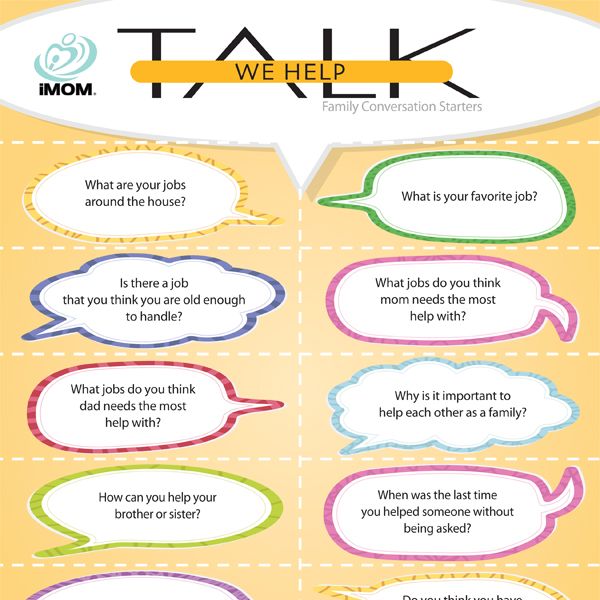
- Casey’s Jim Casey Youth Opportunities Initiative® works at the local, state and national levels to advance policies and practices that effectively meet the needs of young people transitioning from foster care to adulthood.
- Casebook, an innovative information technology system, focuses on results for families while providing hands-on help for caseworkers and supervisors.
- The CHAMPS campaign spurs policy improvements at the state and national levels to provide children and youth in foster care with the highest quality parenting.
- Youth Transitions Funders Group supports the well-being and economic success of vulnerable young people ages 14 to 25.
- SPARC, a state policy and advocacy center, aims to strengthen child welfare advocacy.
The Foundation has also amassed a trove of lessons from past child welfare initiatives, such as Family to Family and Casey Family Services.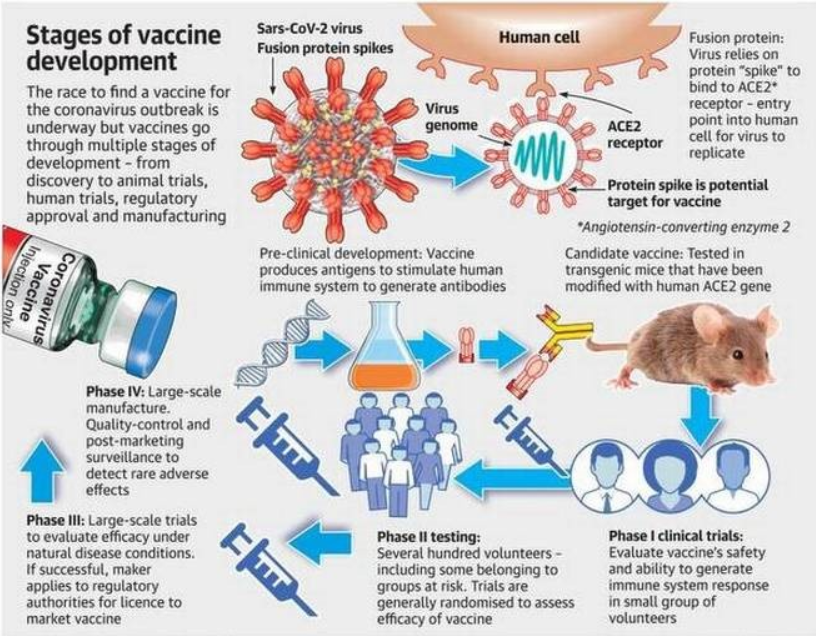
More Foster Care Resources From the Casey Foundation
The Foundation’s KIDS COUNT Data Center offers 60+ measures of child welfare, customizable by state and demographic group, as well as a summary of national trends.
Much of the data on this site is derived from the federal Adoption and Foster Care Analysis and Reporting System and the National Youth in Transition Database.
Check out Casey’s collection of foster care resources and sign up for the Child Welfare newsletter to stay current on foster care data, updates and news.
How Does The Foster Care System Work? – iFoster
The foster care system is meant to provide a temporary arrangement in which trained caregivers, including kinship or relative caregivers, provide for the care of a child when their biological parent(s) are unable to care for them. While living with a foster family, children will go to school and receive medical care and social services.
How Does The Foster Care System Work?
The foster care system is complex, composed of a combination of federal, state and local organizations working to keep children safe and help them thrive in a home and school environment.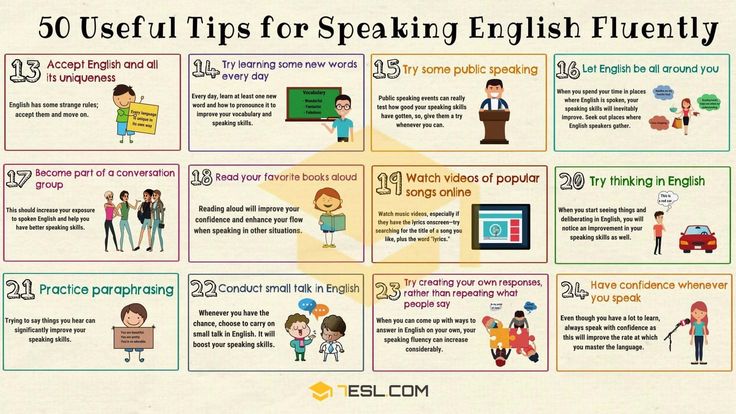 The foster care system is not a single entity.
The foster care system is not a single entity.
While the primary responsibility of child welfare services belong to the states and counties (depending on if the state is county administered), the federal government plays a supporting role in funding and legislation.
Specifically, The Children’s Bureau (CB) implements federal child and family legislation within The Administration for Children and Families (ACF) and the U.S. Department of Health and Human Services (HHS).
They develop programs that focus on preventing child abuse and neglect by strengthening families, protecting children from further maltreatment, reuniting children safely with their families, or finding permanent families for children who cannot safely return home, according to the Child Welfare Information Gateway.
What Is Foster Care?
Foster care is meant to be a temporary arrangement in which trained caregivers, including kinship or relative caregivers, provide for the care of a child when their biological parent(s) are unable to care for them.
Over 77% of all foster children are placed with relatives or non-relative caregivers, while the remainder are placed in group homes (any home that has six or more kids in it, which can also be considered a family household), institutions, or supervised independent living.
All ages, from infants to youth between 18 – 21 years old (depending on the state), are represented in the foster care system, with the median age of entry just 6.1 years of age. While designed to be a temporary arrangement, the average time a young person spends in care is almost 2 years (20.1 months) before they are reunified or exited care to permanency, legal guardianship including adoption, or have emancipated from the system.
The goal for all children is to reunify with their family unless reunification is not possible (parents are dead or incarcerated) or it is not in the best interest of the child (i.e. parents present a real, documented and present danger to the life and health of the child).
Each state provides a subsidy to cover some of the basic costs associated with raising a child. Nationally, these subsidies are less than half of the average amount a family spends to raise a child.
According to the most recent Children’s Bureau statistics, there were an estimated 437,465 children in foster care on September 30, 2016, which is an increase of approximately 10,000 children compared to the same date the year prior. Of these, there are approximately 108,000 foster children eligible for and waiting to be adopted. Tragically, this stat has stayed consistent for the past five years.
How To Foster A Child
To foster a child, most agencies will expect you to provide 24-hour care and supervision on a daily basis and be able to care for yourself financially without the child’s stipend. To foster a child, your home must be free of safety hazards and you must complete a criminal/protective services background check.
There are far too many foster kids in need of a safe place to call home, and not nearly enough foster parents to accommodate them.
Foster families open their homes to care for youth for an extended period of time. Although it’s temporary, becoming a meaningful part of a child’s life is a huge commitment. It is a challenging, but rewarding opportunity for those who have the means to foster a child.
According to the National Foster Parent Association, most agencies will expect you to:
- Provide 24-hour care and supervision on a daily basis
- Be able to care for yourself financially without the child’s stipend
- Be flexible, patient and understanding
- Have a sense of humor
- Have a home free of fire and safety hazards
- Complete a criminal/protective services background check
- Have the ability to work as a member of a team
Becoming a foster parent can take up to two years from the time you make the decision, to going through orientation, training, and licensing, to finally being matched to a child in need.
If you’re interested in becoming a foster parent, you can reach out to iFoster at support@ifoster. org, and we will help you identify an agency in your area. An agency will ensure you have the capability (and receive the resources and support you need) to meet the physical, emotional, developmental and financial needs of a child.
org, and we will help you identify an agency in your area. An agency will ensure you have the capability (and receive the resources and support you need) to meet the physical, emotional, developmental and financial needs of a child.
#iamifoster
90,000 not to send the child to an orphanage. What is a foster familyIt happens that parents, relatives or adoptive parents, cannot take care of a child for some time: for example, they become seriously ill. In Russia, in such cases, the baby can be sent to an orphanage, which is a big trauma for him. In other countries, a good solution has long been thought up - a temporary foster family. She takes the child for some time until things get better in his main family, saves him from an orphanage or an orphanage. Yulia Kurchanova, a psychologist at the Volunteers to Help Orphans Charitable Foundation, talks about this practice. nine0004
A foster family is a job
— In other countries there is a concept of "foster family". This is a professional family that solves the problems of raising children based on their needs. We do not have such a form of device legally, and this, in my opinion, is a big problem. If a child needs to be separated from mom and dad for a while, then we have only one option - a shelter or an orphanage. If a guardian or foster family refuses a child, then he also has one road - to an orphanage. There is no procedural opportunity to get into another family for a while - everything works to place the child in the orphanage system. nine0005
This is a professional family that solves the problems of raising children based on their needs. We do not have such a form of device legally, and this, in my opinion, is a big problem. If a child needs to be separated from mom and dad for a while, then we have only one option - a shelter or an orphanage. If a guardian or foster family refuses a child, then he also has one road - to an orphanage. There is no procedural opportunity to get into another family for a while - everything works to place the child in the orphanage system. nine0005
But it would be more useful for the child to temporarily be with well-prepared substitute parents who will help him with rehabilitation, support him during a difficult period for him, wait for the situation to be resolved in the family in which he was before - and return him there. After all, it happens that a family just needs to take a break - foster families often face emotional burnout. Or foster parents need to go to the hospital.
But the foster family cannot now by law place the child in another foster family (or even in an institution for a short time).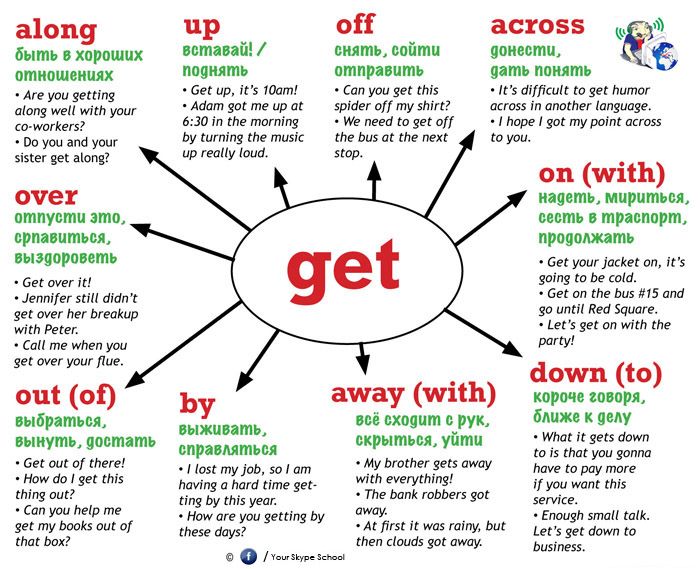 She needs to stop being a foster family. And the child again becomes a nobody's, state. nine0005
She needs to stop being a foster family. And the child again becomes a nobody's, state. nine0005
- Let's explain to the reader what is the difference between a guardian and a foster family.
- Foster parents, unlike guardians, receive money from the state to support the child - and remuneration. Guardians do not receive remuneration, only money for maintenance.
It is very logical that foster families receive remuneration. Our foster family is not a job, although in fact it is. However, this is not reflected in labor legislation and is very crookedly reflected in family legislation. nine0005
It is not called a professional foster family, but the essence is exactly this: after all, the family takes the child and fulfills the social order from the state. For example, from a legal point of view, the form "adoptive family" suggests that there is no secret of adoption and that the adoptive family must build relationships with blood relatives if they also want it and do not pose a danger to the child. But in practice, the foster family often tries to avoid this, which is not good for the child.
But in practice, the foster family often tries to avoid this, which is not good for the child.
On the one hand, our foster family is like a job, but on the other hand, its duties and rights are not clearly spelled out. Foster family agreements with guardianship authorities are often very formal, impersonal, typical. The contract should specify the individual needs of the child, but guardianship is often not at all aware of what these needs are. nine0005
— And how is it in those countries where the foster family is an established institution?
- In England, for example, each foster family has its own professional profile. It is one thing to raise a teenager, another thing is a child with severe developmental disabilities. Someone is better at one thing, someone else is better at it. A professional family can specialize in teenagers, in children who have problems with the law, in children with health problems, with a special educational route. nine0005
In Western practice, a child must move from one foster family to another according to age.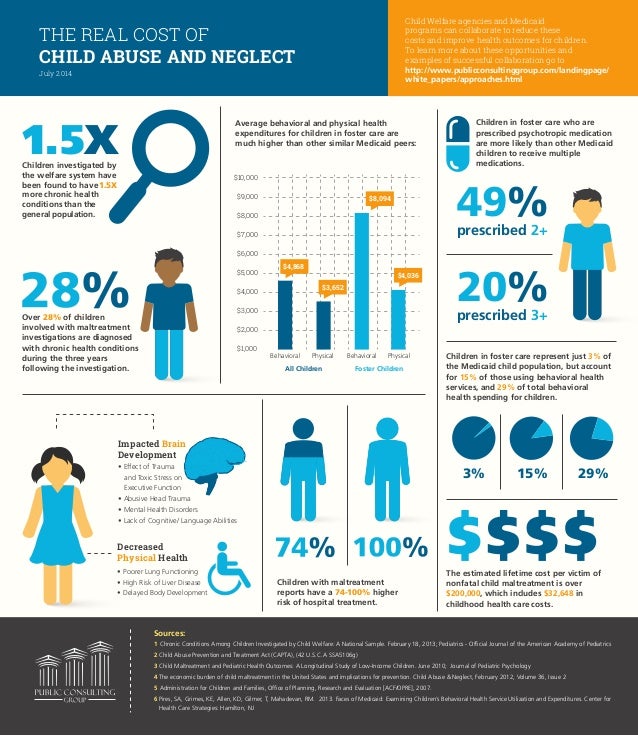 In my opinion, this is completely useless - this is a break in attachment, and this is exactly what our institutions do, endlessly transferring a child from one group of the orphanage to another. But everything else there is quite reasonable, individually, a large number of factors are taken into account.
In my opinion, this is completely useless - this is a break in attachment, and this is exactly what our institutions do, endlessly transferring a child from one group of the orphanage to another. But everything else there is quite reasonable, individually, a large number of factors are taken into account.
Temporary foster family in Russia
— So someone should take into account all these factors, that is, at least this someone should know about them — and inform their parents? nine0016
- Yes, a separate important problem is that our foster family, when adopting a child, often gets a pig in a poke and does not understand what tasks it will have. Guardianship gives her a minimum of information about the child: often she does not know his history, his diagnoses, and has a poor idea of his psychological state. The family may not be ready to raise such a child, and this may be the risk of rejection and return to the system.
— And how do foster families or potential foster parents look at the opportunity to be a temporary family? nine0016
- I would say that the trends are polar.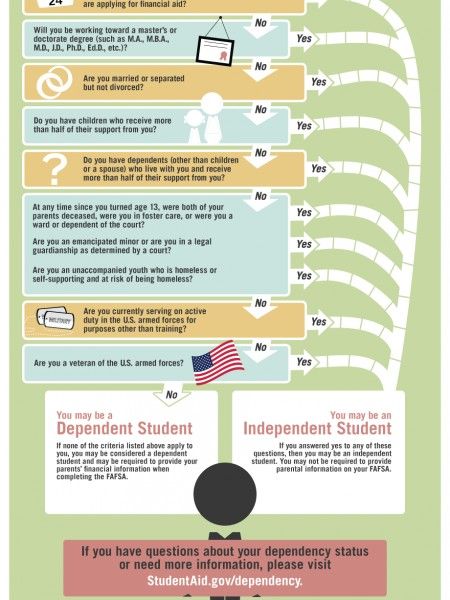 There are families that do not have their own children and want to adopt a child, perhaps keeping the secret of adoption: they need their child, for themselves. They appropriate the child, cut off his contacts with the birth family.
There are families that do not have their own children and want to adopt a child, perhaps keeping the secret of adoption: they need their child, for themselves. They appropriate the child, cut off his contacts with the birth family.
And it happens that a foster parent says: I have passed or have passed the path from the idea of adoption to the need to become a professional foster family. Often, foster parenting itself turns flexible and adequate parents to the idea of professional family education of children from the orphan system. nine0005
In general, the openness of the foster family gives a chance for older children to be placed in a family. If adoptive parents are not embarrassed that the child is already big and can remember his previous life, they will more easily take him in.
— How does the state feel about the idea of a temporary foster family? Guardianship, for example?
- Very different. Guardianship specialists are a very heterogeneous mass.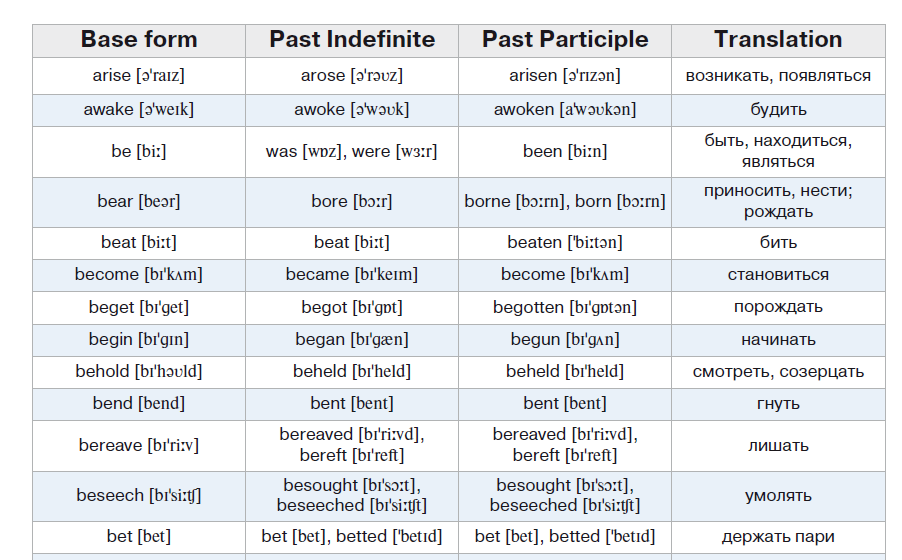 There are professionals who understand that a professional family is good. But there are also those who believe that these are greedy people who use orphans for their own needs. nine0005
There are professionals who understand that a professional family is good. But there are also those who believe that these are greedy people who use orphans for their own needs. nine0005
This also happens when a family recruits children to get decent money for it. But not everyone is like that. It is perfectly normal to want rewards for raising an adopted child. Often a traumatized child who has gone through the system and the hardest events may need serious rehabilitation. It is far from always covered by the reward that is due for it.
The state generally has a rather crooked attitude towards the institution of a foster family. Guardianship can come one day and terminate the contract with the foster family without a trial. I would say that everything happens by eye, they do not have clear criteria for assessing a crisis situation, how the family copes with meeting the needs of the child, taking into account his characteristics and limitations. nine0005
It happens that guardianship comes to a child with special needs and tells the parents: your child is not developing well.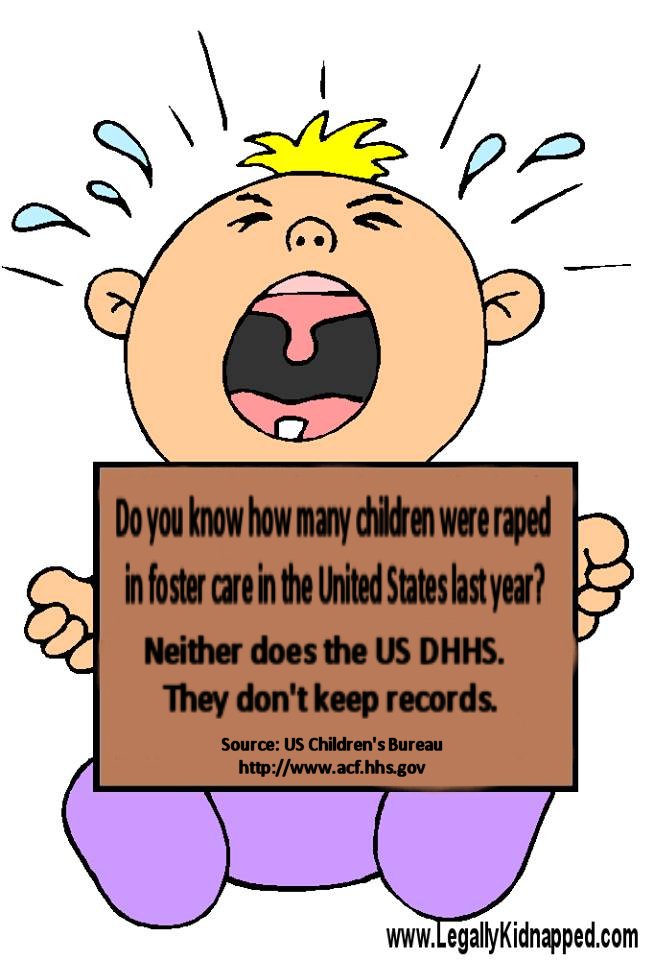 And he cannot develop otherwise! Or, let's say, a child has problems with the law - and for guardianship this is a reason to take him from a foster family and send him to an orphanage. There are such cases, and others, and it is not clear what outweighs.
And he cannot develop otherwise! Or, let's say, a child has problems with the law - and for guardianship this is a reason to take him from a foster family and send him to an orphanage. There are such cases, and others, and it is not clear what outweighs.
- If there is no such legal form, but there is a need for it, how does the fund cope with this?
- If there is a need for a substitute family, we go to a notary and issue consent to transfer the child to another adult person replacing the parent. This document does not transfer all powers completely, but gives him the opportunity to go with the child to the clinic, to school, to circles, and so on. For example, now, according to this form, a child is transferred from the blood family for three months, while issues with the health of the blood mother are being resolved. nine0005
There is no law, but nothing prevents us now from treating the foster family with respect, helping them to build relationships with the birth family in an efficient and environmentally friendly way.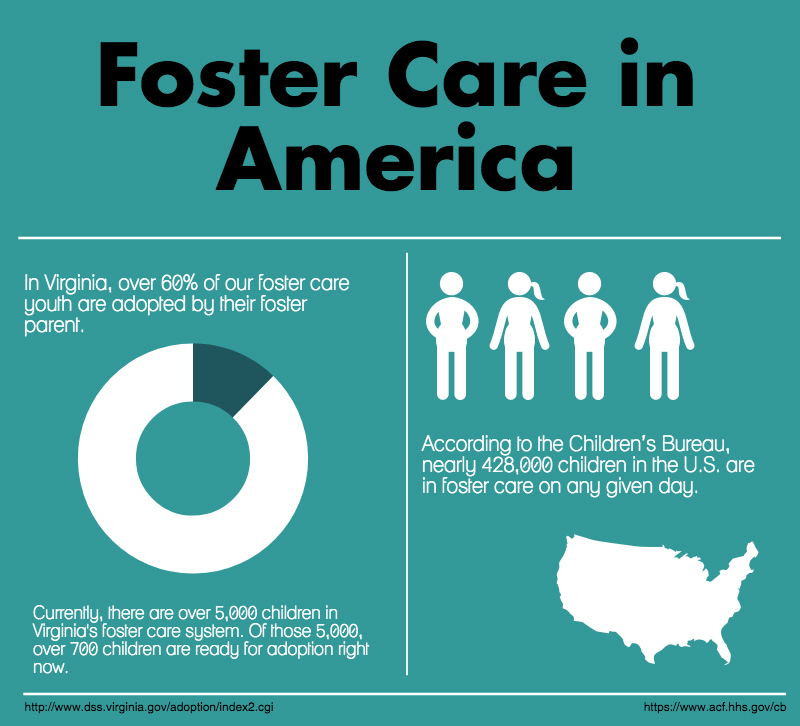
How to improve relations between birth and foster families
— What is the most difficult thing about a temporary foster family?
- I believe that the most problematic and painful area is the relationship between the foster family and the blood family. There is such an image of a marginal aggressive family with an uncontrollable manifestation of anger and aggression, with inappropriate behavior. The foster family is afraid of aggression or unpredictability of adults who can harm her or the child. nine0005
Is this really true? Are blood families really like this?
- This is often a myth. This also happens, but it also happens differently. Blood parents can be different. These can be calm and docile graduates of orphanages who simply did not know how to raise children. There may be grieving grandmothers who are very worried that they have lost a grandson, or older brothers and sisters.
These are very different stories.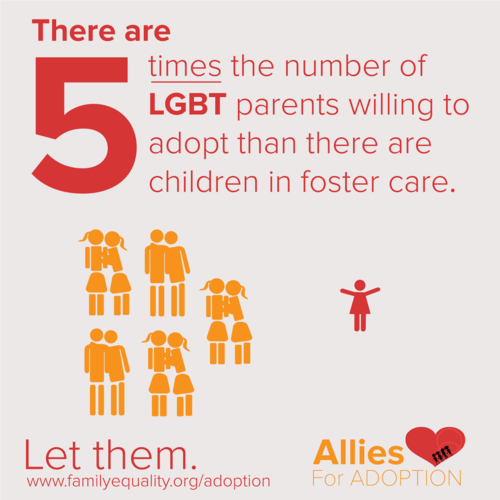 By the way, when we talk about blood families, we don't mean only parents. In this concept, we include sisters, brothers of the child who live in another foster family, grandparents, aunts and uncles - any relatives. nine0005
By the way, when we talk about blood families, we don't mean only parents. In this concept, we include sisters, brothers of the child who live in another foster family, grandparents, aunts and uncles - any relatives. nine0005
The situations that led to the removal of a child can be different: low social competences of blood parents, alcohol abuse, mental disorders. Until we meet with the family, we are not sure of anything.
- What should a foster family do, which somehow has to interact with the birth family? And the foster parent is anxious, he doesn't know what to expect...
- Someone else should work with the birth family - evaluate the possibility of communication, monitor the stability of the state of blood and adoptive parents. The foster family has a different task - it must take care of the child. Helping the birth and adoptive families to agree on interaction in the interests of the child is a professional story, it must be competently conducted and accompanied. This is part of our work, fund specialists. nine0005
This is part of our work, fund specialists. nine0005
- And what kind of problems do you solve when you become that neutral third?
- There may not be a problem at all. But the foster family does not know at all what awaits it in communication with blood parents. That is, rather, the problem is anxiety and fear associated with the unknown, a lack of understanding of how to deal with it.
If a third party is doing the work, then we may come to understand that the birth family should not communicate with the child now - for example, when the birth parent is abusing alcohol. nine0005
— What if the blood parent says: "I want to date the child"? Can the Foundation forbid him?
- If he says so, then we answer: you need to come sober, this is a prerequisite, without this the child will not be brought to the meeting. Guardianship authorities delegate us the right to build communication in the way we see fit. The blood family comes into guardianship, asks for permission to communicate with the child, and guardianship delegates us the right to build a line.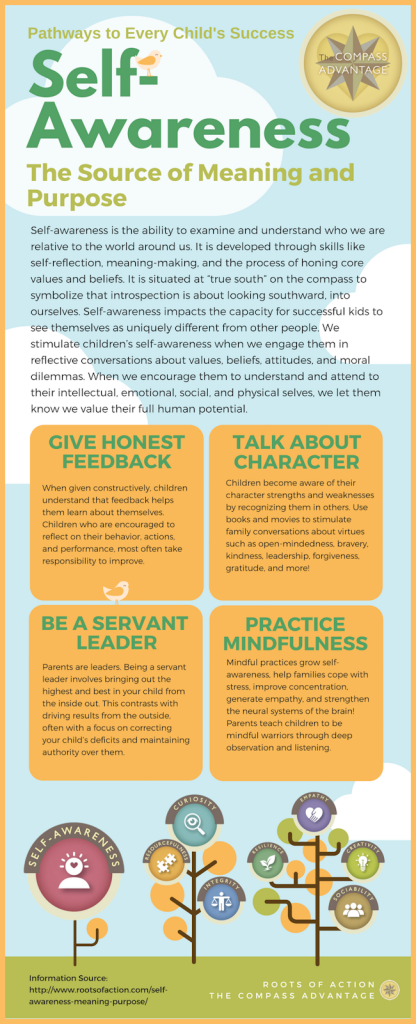 We dictate and set the rules for all participants in communication. nine0005
We dictate and set the rules for all participants in communication. nine0005
First, there is an assessment work on the situation in the birth family, similar to the situation in the foster family. We hold a certain number of preliminary meetings of birth and adoptive families without a child. When we consider that both families are ready, they meet again, again without a child, and at this meeting we agree on how to hold a meeting with a child: where exactly (necessarily on neutral territory), what time, what can be done during the meeting , which is impossible.
- Do the next meetings follow the same pattern? nine0016
- First time - yes. I can assume that at some point we will allow a meeting on neutral territory, but maybe without a specialist.
- A blood parent can come to a meeting sober and continue to drink the rest of the time. And then what?
- We cannot return the child to such a family until the parents solve this problem. They can communicate when their parents are enlightened and she or he is sober, but a child cannot live in such a family.
They can communicate when their parents are enlightened and she or he is sober, but a child cannot live in such a family.
We do not have the authority to return or not return the child to the family. We act according to the situation. Perhaps we are extending the period of work with the family. Or we turn to guardianship and report that we do not see prospects for the child in the birth family.
Why does a foster family need special training?
- If we are talking about the temporary placement of a child in a foster family, then in this case, work with the birth family is always assumed. Meetings with her are an obligatory part of this program (except for exceptional situations), of course, when it does not pose a threat to the life and health of the child. nine0005
It is important for him to understand that his birth mother has not gone anywhere, that she has difficulties, but she loves him and wants to take him to her. This is important both for the child, and for the birth family, and for the adoptive parents, because otherwise the adoptive parents have an increased risk of "appropriating" a child who actually came for a while.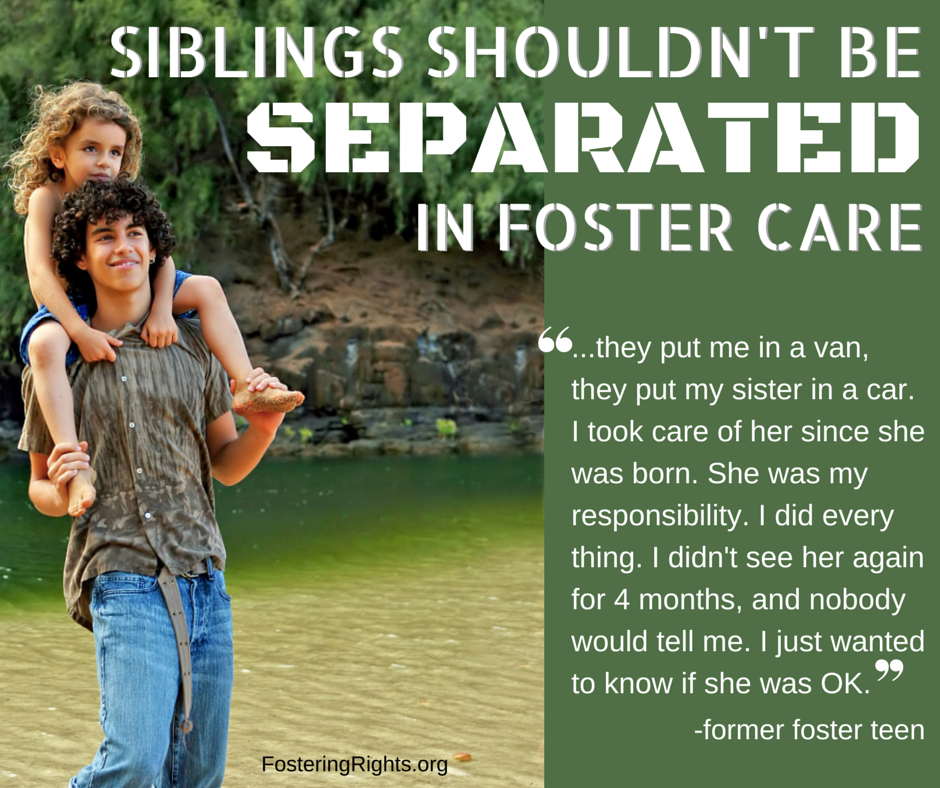 Our task is to help everyone then safely leave.
Our task is to help everyone then safely leave.
- But do people understand that they have adopted the child for a while?
- They understand, but anxiety is an irrational thing. You can understand that nothing threatens you and the child, but at the level of feelings, you, the foster parent, may have anger at the blood parent who did not cope with his parenthood, jealousy, distrust of this blood parent - will he cope, or will another "fall", from which the blood family will not get out. nine0005
Our task is to orient foster parents to the fact that the birth family is not deprived of parental rights and is not limited in them, and that it tries to do everything in its power.
— But if the birth family really cannot get out of the situation due to which the child ended up in a foster family?
- If it is not safe for the child to return, then the question arises of going to court for deprivation of parental rights or restriction. But it is not our task to give the child for a while and wait for the blood family to fail. On the contrary, we are interested in her being able to restore her resources and take him back. nine0005
But it is not our task to give the child for a while and wait for the blood family to fail. On the contrary, we are interested in her being able to restore her resources and take him back. nine0005
— Isn't it bad for a child to be transferred from family to family? He won't get confused - whose is he anyway?
- A child who has formed an attachment does not get confused. No matter how wonderful the foster family is, he still wants to return to his mother. And if he gets confused and does not want to return, then for us this is an indicator that he has serious problems with affection in his blood family.
— Does the foster family need specialist help after they have returned the child to the birth parents? nine0016
— Yes, sometimes it is not easy to give a child to a foster family. It happens that she needs further psychological support so that she can accept reality, including that the child will return to materially worse conditions.
By definition, a foster family should be more resourceful than a blood family, and in a blood family, the child will indeed have worse material conditions than in a foster family. But those are the rules of the game. If this thought - "I invested in a child and returned him to worse conditions" - is impossible for a foster parent, then, probably, temporary foster parenthood is not for him. nine0005
Interviewed by Anastasia Naryshkina
The Volunteers to Help Orphans Foundation, as part of the School of Foster Parents, regularly conducts the "Family to Support" course for those who would like to become a temporary foster family for a child in a difficult life situation . This project is being implemented with the support of the Moscow Public Relations Committee. You can also take special modules in the SPR:
- The course "Teenagers" - a group is being recruited, classes will begin in November 2019of the year.
- The course "Children with Disabilities" - enrollment for the new course will begin in March 2020.

You can sign up at: [email protected]. More about the SPR: www.otkazniki.ru
The child's parents are in prison - what is the status for adoption, guardianship or foster family? Who can be adopted?
Conclusion on issues
Russian family law
as of November 1, 2015
Question 1. Can children placed in a public educational institution due to the conviction of their biological parents to imprisonment (“children of prisoners”) be transferred to a family for upbringing? On what terms?
Question 2. In the case of the transfer of "children of prisoners" to be raised in a family, what is the procedure for children to communicate with their biological parents? Can biological parents demand the return of children after release? nine0005
Question 3. Does the term of imprisonment of biological parents affect the status of “children of prisoners” for various forms of family arrangement?
Question 4.
What is the status of “prisoned children” for adoption?
Question 5. Should information about “children of prisoners” be transferred to the database of information about children deprived of parental care?
Question 6. What are the practical steps for solving the problem of placing "children of prisoners" in a family? nine0005
Based on the content of Russian family law and the practice of its application, I report the following:
handed over to a family? On what terms?
Yes, “children of prisoners” have full custody and foster care status.
According to paragraph 1 of Art. 145 of the Family Code of the Russian Federation, children deprived of parental care are transferred under guardianship. According to paragraph 1 of Art. 121 of the Family Code of the Russian Federation, this category includes not only children whose parents have died, are deprived of parental rights or are limited in them, are recognized as incapacitated, in case of illness of the parents, but also in the event of a long absence of parents or parents evading from raising children or from protecting their rights and interests, including when parents refuse to take their children from educational organizations, medical organizations, organizations providing social services, or similar organizations, when the actions or inaction of parents create conditions that pose a threat to the life or health of children or hinder their normal upbringing and development .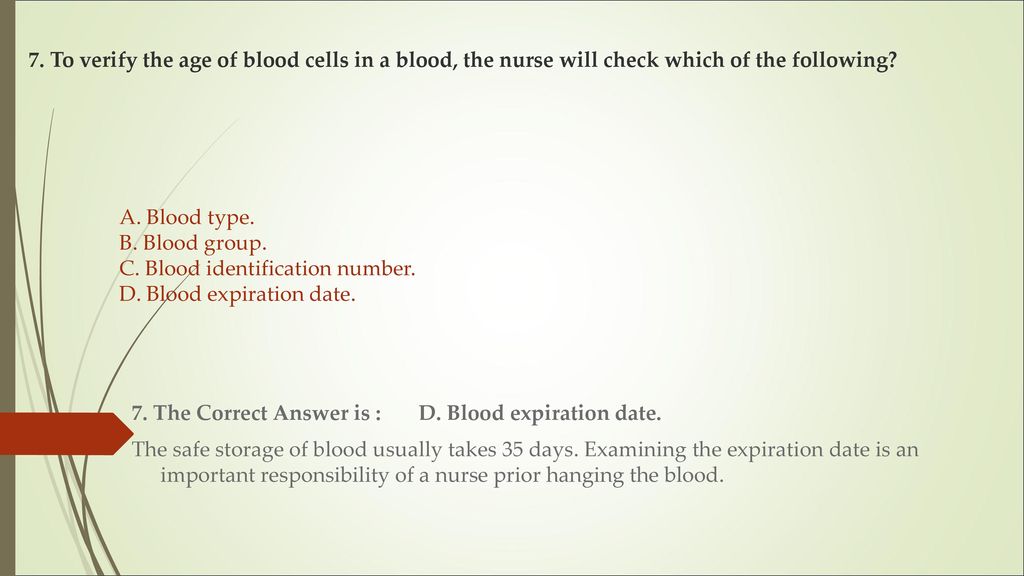 It can be said that children of biological parents with a long-term or even relatively short term of imprisonment (i.e. 1-2 years), are in a situation of "prolonged absence of parents" (after all, each year of childhood is crucial for the development of a child), are considered deprived of parental care and are subject to custody. nine0005
It can be said that children of biological parents with a long-term or even relatively short term of imprisonment (i.e. 1-2 years), are in a situation of "prolonged absence of parents" (after all, each year of childhood is crucial for the development of a child), are considered deprived of parental care and are subject to custody. nine0005
The law is unequivocal regarding the status of a child for placement in a foster family. Since the foster family is a substitute professional family, any child deprived of parental care in accordance with paragraph 1 of Art. 121 of the Family Code of the Russian Federation.
As a rule, if patronage (another type of foster family) is introduced in the subject of the Russian Federation at the location of the child, the requirements for the status of children transferred to foster care are similar to the requirements for the status of children transferred to foster care. nine0005
I draw your attention to the fact that (despite the belief of some guardianship authorities to the contrary) the existence of a biological parent should not automatically prevent the placement of a child in family upbringing, and for the reason that neither guardianship, nor a foster family, nor patronage interrupt the formal connection of the child with the biofamily and do not interfere with the child's communication with the biological parents or his return to the biofamily, which will be discussed in more detail below.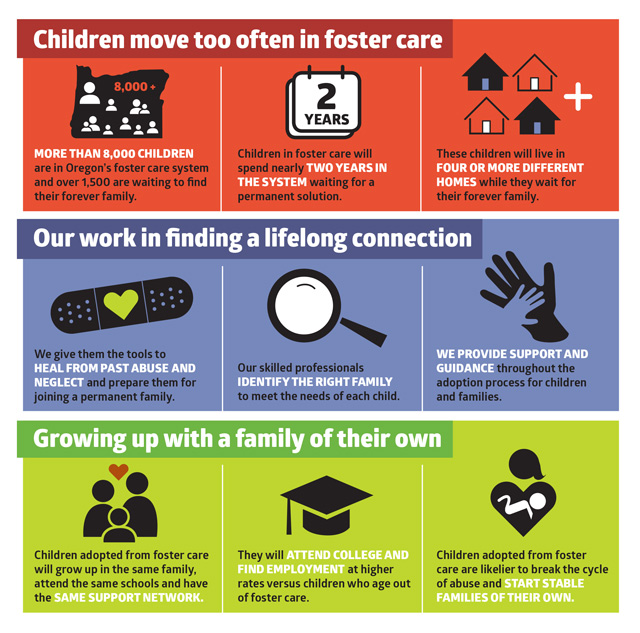
Once in a foster family, the child receives a full-fledged family upbringing in early childhood, when the care of parents (biological or foster) is especially important for the full development of the child. nine0034
Question 2. In the case of the transfer of "children of prisoners" under guardianship or upbringing in a foster family, what is the procedure for children to communicate with biological parents? Can biological parents demand the return of children after release?
A child in care has the right to communicate with biological relatives. The guardian has the right to prevent this communication only if it does not meet the interests of the child (clause 5, article 148.1 of the Family Code of the Russian Federation). Biological parents have the right to demand the return of the child to the family (in reality, this happens extremely rarely), and if the guardianship authorities consider that the biological parents are really ready to raise the child on a permanent basis, then they have the right to unilaterally release the guardian from his duties and return the child to the biological parents.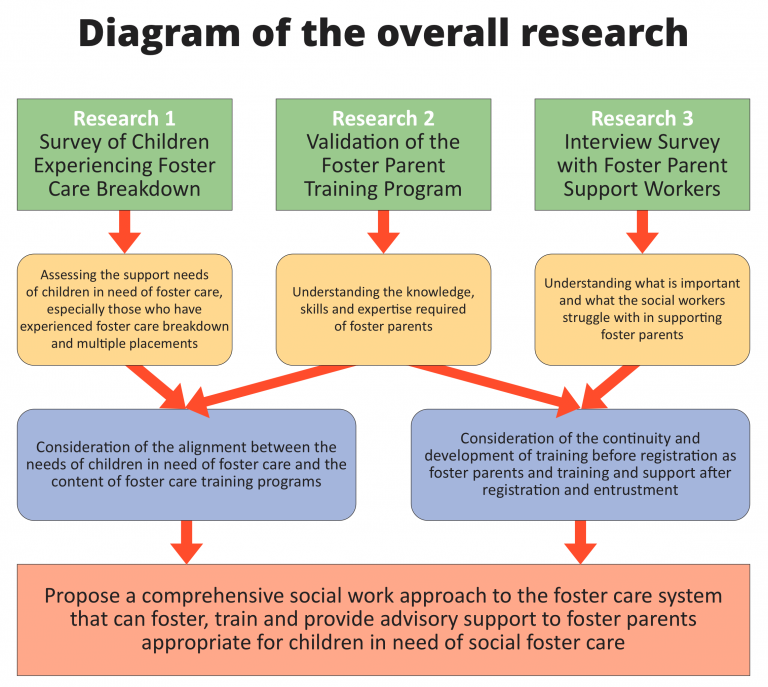 In practice, when biological parents apply with a request to return the child, the guardianship authorities appoint a probationary period of 3-6 months, during which the biological parent visits the child, restores personal contact, and also tries to establish his own life in freedom (which is especially important when the biological parent is condemned for many years). Only after the expiration of the probationary period, the guardianship authority makes a decision to cancel or maintain guardianship. nine0005
In practice, when biological parents apply with a request to return the child, the guardianship authorities appoint a probationary period of 3-6 months, during which the biological parent visits the child, restores personal contact, and also tries to establish his own life in freedom (which is especially important when the biological parent is condemned for many years). Only after the expiration of the probationary period, the guardianship authority makes a decision to cancel or maintain guardianship. nine0005
A child brought up in a foster family has the right to maintain personal contacts with blood relatives, but only if there is the consent of the adoptive parents and communication does not interfere with the normal development and upbringing of the child. In disputable cases, the order of communication between the child, his biological relatives and adoptive parents is determined by the guardianship authorities. In the event that the child is returned to the biological parents, the guardianship authority has the right to unilaterally terminate the agreement on the creation of a foster family ahead of schedule. nine0005
nine0005
As a rule, the rules for communicating with biological relatives and the procedure for returning a child to a biological family under patronage (if it is introduced in a given subject of the Russian Federation) are very close to similar rules in a foster family.
Question 3. Does the term of imprisonment of biological parents affect the status of “children of prisoners” for various forms of family arrangement?
No, the term of imprisonment of the biological parents does not affect the status of "children of prisoners" for placement in a foster family, because regardless of the term of imprisonment of biological parents, "children of prisoners" are considered to be deprived of parental care to the same extent. Legislative regulation in this matter proceeds from the logic that “only” 2 years of imprisonment of a biological parent may turn out to be the most part of the infancy period for a child, which is critical both for the general development of the child and for the formation of living skills in the family.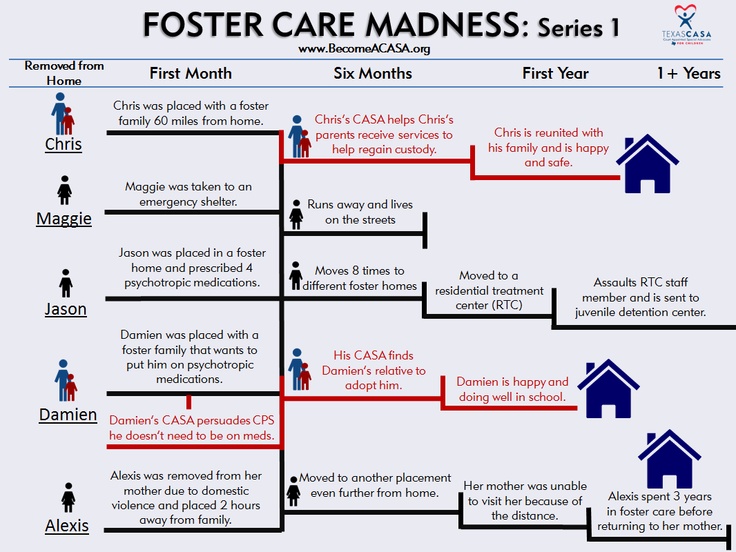 It turns out that a "small" prison term of the bio-parent would become a significant period of isolation for a young child who has already suffered from the loss of the bio-family. This would be doubly unfair and unjustified in relation primarily to the “children of prisoners”. nine0005
It turns out that a "small" prison term of the bio-parent would become a significant period of isolation for a young child who has already suffered from the loss of the bio-family. This would be doubly unfair and unjustified in relation primarily to the “children of prisoners”. nine0005
Sometimes you can hear proposals to establish some kind of "temporary guardianship" or "temporary patronage" over the "prisoners' children". This is not necessary - by definition, both guardianship and patronage are temporary (maximum until the child reaches the age of 18) and can always be terminated if necessary (and appropriate) to return the child to the biological family after the release of the biological parent, as described above.
Question 4. What is the status of “prisoned children” for adoption? nine0016
According to paragraph 2 of the Rules for the transfer of children for adoption (adoption) and monitoring the conditions of their life and upbringing in the families of adoptive parents in the Russian Federation, approved. Decree of the Government of the Russian Federation of March 29, 2000 No. 275, adoption is allowed for minor children whose only parent or both parents:
Decree of the Government of the Russian Federation of March 29, 2000 No. 275, adoption is allowed for minor children whose only parent or both parents:
died;
unknown, declared missing by the court or declared dead; nine0005
- 90,002 were declared legally incompetent by the court;
are deprived of parental rights by the court;
gave their consent to adoption in accordance with the established procedure;
for reasons recognized by the court (by adoption) as disrespectful, do not live more than 6 months together with the child and evade his upbringing and maintenance;
if the child is found (placed) and his parents are unknown, then the child can be adopted if there is an act issued by the internal affairs bodies or guardianship and guardianship authorities; nine0005
if the child is left in a maternity hospital or other medical organization, then he can be adopted if there is an act from the administration of the relevant institution.
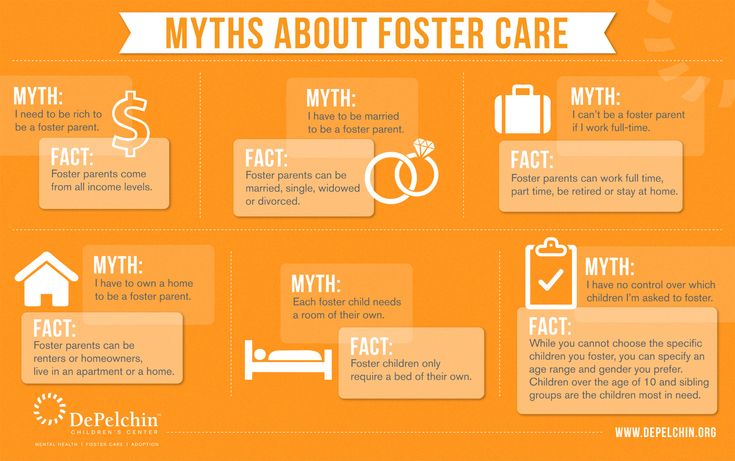
Obviously, in the case of “children of prisoners”, the mere fact that the biological parent is in custody cannot be the basis for recognizing the child as adoptable. After all, the reason why the biological parent does not live with the child for more than 6 months is objective, and therefore “respectful”. The exceptions are those cases where the biological parents either (a) agreed to the adoption, or (b) by their lifestyle to convictions gave grounds to raise the issue of depriving them of parental rights or transferring the child to a foster family for other reasons (for example, they avoided raising a child for more than 6 months).
How realistic is the termination of parental rights in absentia against a parent who is in prison? It may present certain difficulties, since, in accordance with paragraph 4 of Art. 167 of the Code of Civil Procedure of the Russian Federation, the court has the right to consider the case in the absence of the defendant, notified of the time and place of the court session, if he did not inform the court about valid reasons for non-appearance and did not ask to consider the case in his absence.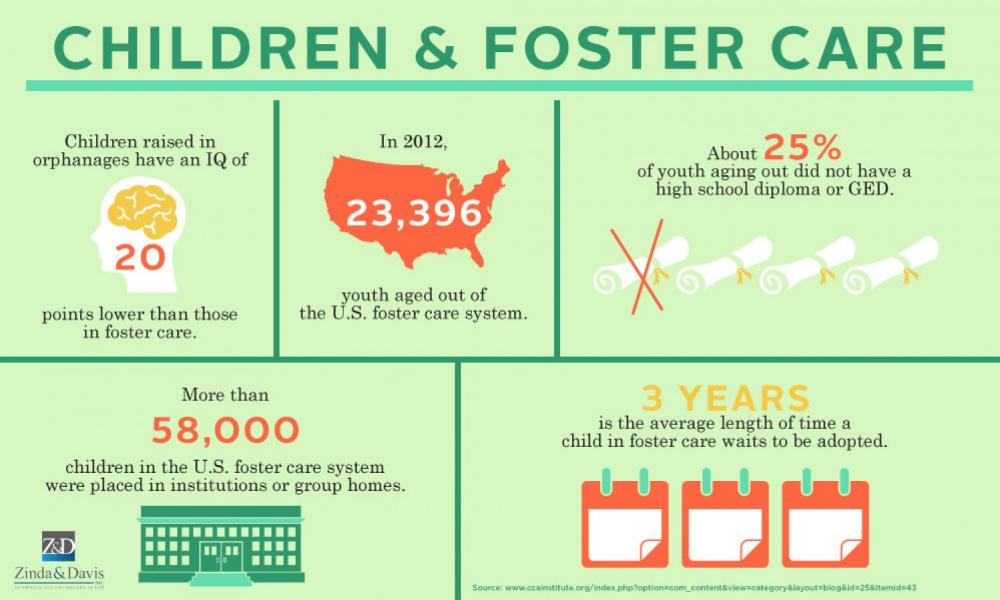 From a formal point of view, being in places of deprivation of liberty is a "good reason for not appearing", therefore, in practice, it is likely that the court will postpone consideration of the application for deprivation of rights until the biological parent is released from places of deprivation of liberty.
From a formal point of view, being in places of deprivation of liberty is a "good reason for not appearing", therefore, in practice, it is likely that the court will postpone consideration of the application for deprivation of rights until the biological parent is released from places of deprivation of liberty.
Please note that the lack of adoption status does not affect the status of "prisoned children" for guardianship, foster care or foster care, as described above. nine0034
Question 5. Should information about “children of prisoners” be transferred to the database of information about children deprived of parental care?
Yes. According to paragraph 1 of Art. 122 of the Family Code of the Russian Federation and paragraph 1 of Art. 5 of the Federal Law of the Russian Federation of April 16, 2001 No. 44-FZ “On the State Data Bank on Children Left Without Parental Care” PLOs are obliged no later than a month from the moment the child enters state institution (due to conviction of biological parents or other reason) to send information about him to the regional operator for registration in the regional data bank and at the same time sending information about the child to the federal data bank.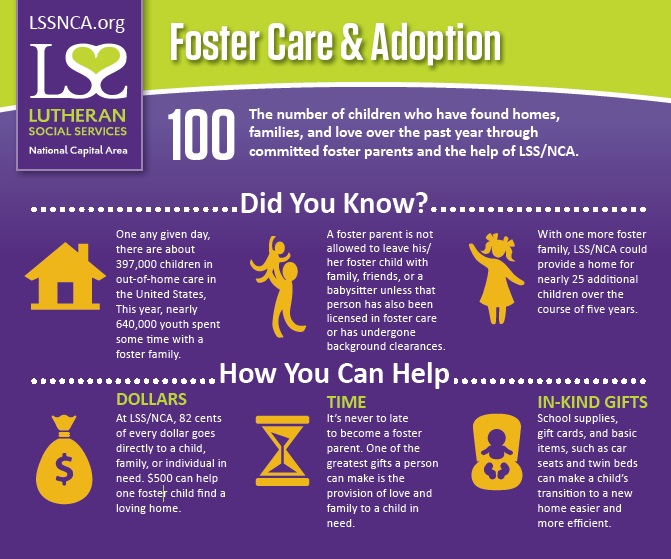 Information about a child deprived of parental care submitted to the database must necessarily indicate restrictions on certain forms of family placement - for example, in the case of “children of prisoners”, the card published for familiarization of candidates will contain “guardianship, foster family”. nine0005
Information about a child deprived of parental care submitted to the database must necessarily indicate restrictions on certain forms of family placement - for example, in the case of “children of prisoners”, the card published for familiarization of candidates will contain “guardianship, foster family”. nine0005
At the same time, the provision of information about children left without parental care to regional operators or the federal operator of the data bank does not relieve the guardianship authorities at the location of the child from the obligation to place him for upbringing in a foster family (clause 3, article 5 of the Federal Law of the Russian Federation on 04/16/2001 No. 44-FZ "On the state data bank on children left without parental care").
Violation by an official of the guardianship authorities of the procedure and / or deadlines for providing the operator of the data bank with information about children deprived of parental care, entails administrative liability in accordance with Art.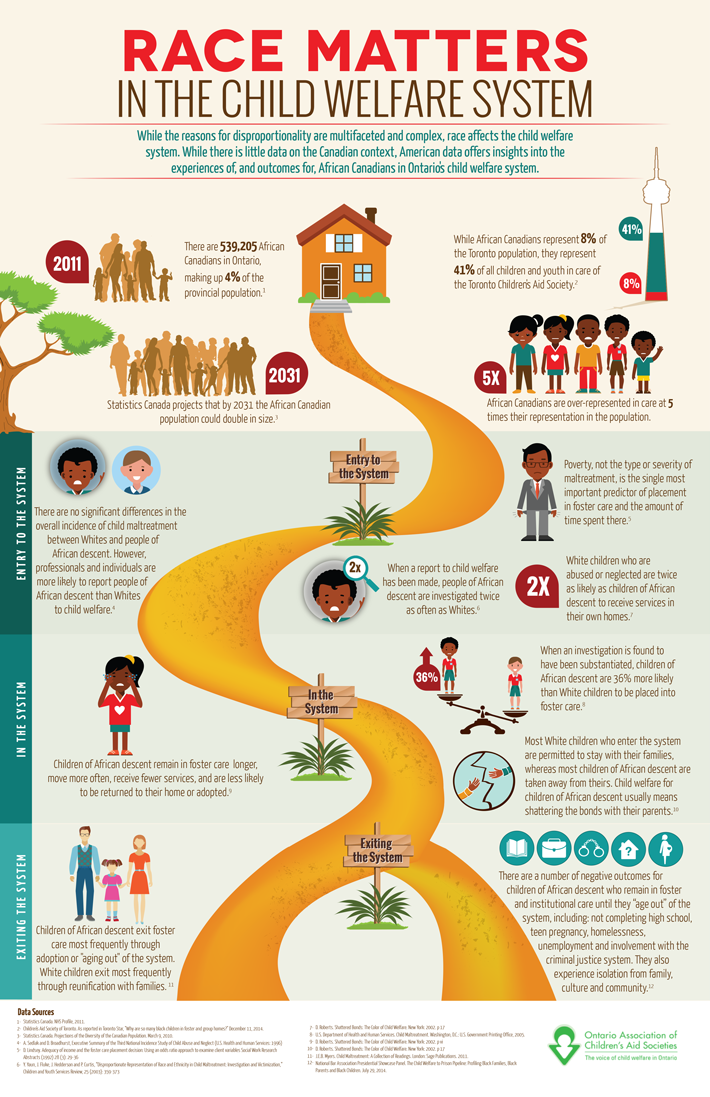 5.36 of the Code of Administrative Offenses of the Russian Federation. nine0034
5.36 of the Code of Administrative Offenses of the Russian Federation. nine0034
Question 6. What are the practical steps to solve the problem of placing "children of prisoners" in a family?
It is most effective for interested candidates to apply to the guardianship authorities at the location of the "prisoned child" with a written application to provide information about the child, his status and state of health. The application should include excerpts from this conclusion with reference to the history of the appearance of the child in this institution and to clarify the position of the candidates regarding the possibility of a family placement of this "prisoner child". As experience shows, often the belief of a guardianship officer that "children of prisoners" cannot be transferred to a family for upbringing is based not on a special interpretation of the law, but on ignorance of this law and an attempt to apply everyday ideas about "justice" to such a situation. . A statement that includes elements of explanation and interpretation of the law often helps guardianship officers to expand their knowledge and change their point of view towards compliance with current legislation. nine0005
. A statement that includes elements of explanation and interpretation of the law often helps guardianship officers to expand their knowledge and change their point of view towards compliance with current legislation. nine0005
Thus, there are no legal grounds to deny children who ended up in a state institution due to the imprisonment of their biological parents the right to be raised in a foster, foster or foster family. From the moment of registration as deprived of parental care, information about “children of prisoners” must be transferred to the data bank in the general manner, but with the necessary notes on the forms of family placement.
Olga Mityreva
Family Law Lawyer
www.olgamitireva.org
[email protected]
► About the author of opinion : Olga Nikolaevna Mitireva, a practicing lawyer, lives and works in Moscow. In 1998 she graduated from the law faculty of the Moscow State Institute of International Relations (MGIMO) with a specialist diploma, in 2001 - a master's degree in law from New York University.

